Thousands of Registered Representative candidates take the Series 7 exam every year. Not everyone needs a tutor to make passing the Series 7 a reality. But, without any personalized help you may still need some extra tips to give you that added edge. Below I outline five things you may not know about the Series 7 that could be that extra push to help you over the finish line.
The Hurdle to Passing the Series 7 is Not the Same Height for Everyone
It’s difficult to pinpoint specific data when it comes to the passing rate for the Series 7 exam. Many people underestimate the difficulty of the exam. I’ve seen a range of candidates, and a range of study time needed for those passing the Series 7. Some take as little as a week, while for others, two months was not even enough. Be realistic with yourself. If you need a Series 7 tutor, then get one. Check out our blog post for some help choosing the best Series 7 tutors NYC has to offer. If you can’t afford one, and you need more time to pass, then take more time to study. You will need to get through all of the reading material and at least 1,000 practice questions.
Stick to the STC Series 7 Practice Questions
I’ve seen candidates use Knopman, Series 7 for Dummies, and other online resources for practice questions to no avail. The industry standard remains the Securities Training Corporation (STC) practice tests. In purchasing their material, I’d recommend that you look for access to their 12 practice exams. The tests include well over a thousand questions and going through them twice typically ensures a passing grade. The Series 7 exam is hard and you don’t want to be caught flat footed on exam day so go in well prepared.
Read the Text When You Need To
There is some debate over whether you need to read the Series 7 text or not. Many Series 7 tutors recommend you simply go through as many practice questions as possible. Others recommend a healthy mix of reading the text and practice questions. The unfortunate truth is that it really depends on your knowledge base. When tutoring the Series 7, I have found that those with a finance/economics/accounting backgrounds have less need to read the text than those without. Use your discretion in deciding how to divide your study time based on what you already know in terms of curriculum.
Options Are Hard but Not the Whole Exam
In the past, options and municipal securities contributed to a large portion of the exam. When I get hired on as a Series 7 tutor I hear time and again that my students’ bosses have warned them on these two sections. The test has evolved even in the last 5 to 7 years, and you can expect less focus on those sections that in previous times. Make sure to pay good attention to the other sections as well such as annuities, investment companies, economics, and retirement plans.
The Exam Day Experience Is Regimented
Remember that the exam centers where you will take the Series 7 exam will be strictly monitored. You will be offered a primitive looking calculator and an erasable board for writing out calculations or notes. You will be fingerprinted and need to put all your possessions in a locker. If you are going to use the notepad to write down formulas, then make sure that you wait until after the test starts before writing them down. Writing down formulas ahead of time may be considered cheating! You don’t want all of that studying to be for nothing if you get tossed out of the exam room! Good luck!
